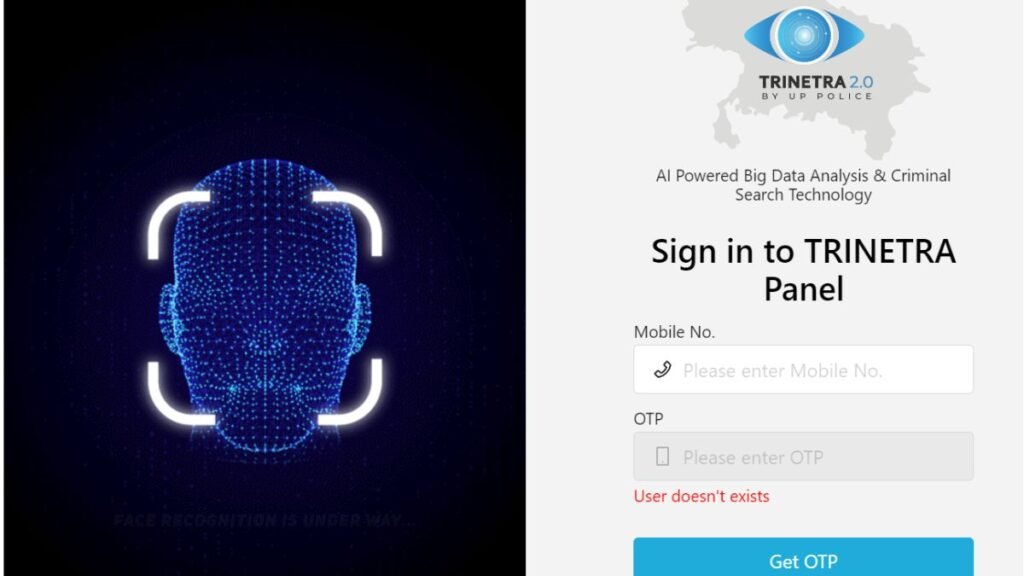With its AI-powered platform, a digital startup located in Gurugram hopes to transform the industry. A group of AI specialists established Staqu Technologies in 2015, and since then, the company has been quietly revolutionizing law enforcement in India. Their main tool, Trinetra 2.0, incorporates the potent Crime GPT language model, which is poised to completely transform the way security agencies handle criminal investigations.

Where was Crime GPT originated?
Anurag Saini, Pankaj Sharma, and Rai, an AI researcher with a degree from the University of Manchester, worked together to develop a system that may address particular difficulties that the Indian police forces encounter.
This firm launched Trinetra 1.0 in 2018, a platform that enables law enforcement agencies to digitally digitize their criminal histories, complete with photos and other important information. This brought to the subsequent stage, which involves using AI to fully utilize this data.
Rai claimed that tedious and complex activities resulted from having to sort through thousands of physical documents. Crime GPT enters the picture here. After training on an extensive database containing over 9,00,000 criminal records from Uttar Pradesh, Rai and his colleagues created a customized large language model (LLM). The model may produce factual and precise answers by incorporating Retrieval-Augmented Generation (RAG) approaches.
What is the Crime GPT process?
First Information Reports (FIRs) and interrogation records are examples of unstructured data that Crime GPT may extract pertinent information from, according to Rai, using their potent combination.
Rai provided an example of how this works. He stated that if a police officer is searching for a 21-year-old suspect who is going to be charged with Indian Penal Code (IPC) Section 307 (attempt to murder), Crime GPT will search the database, find pertinent records, and give a thorough history of the suspect, along with a list of police stations where his recorded offenses have been committed.

Because most data in India is unstructured and in regional languages, Rai’s team has also tackled the practical difficulties of implementing such technology in that country.
Staqu created a collection of AI models to address this, including OCR, translation, and tokenization, so that the Crime GPT can analyze the copious amounts of data that the police provide without any problems.
Prejudice and ethical issues
In addition to having a committed team from the UP Special Task Force (UPSTF) regularly monitor the system’s outputs, Rai stated that the Staqu team has placed a heavy emphasis on ethical considerations.
In nine state police forces in India—including Uttar Pradesh, Bihar, Rajasthan, Haryana, and Punjab—the Trinetra platform is being actively used, demonstrating the impact of Staqu’s solutions. The technique has received an enormous amount of good feedback from the bottom up, and demand for it has expanded to other states, including Madhya Pradesh, Chhattisgarh, and Tamil Nadu. Crime GPT helps enforcement centers operate more efficiently by delivering accurate and fast information by utilizing trained LLM datasets.



